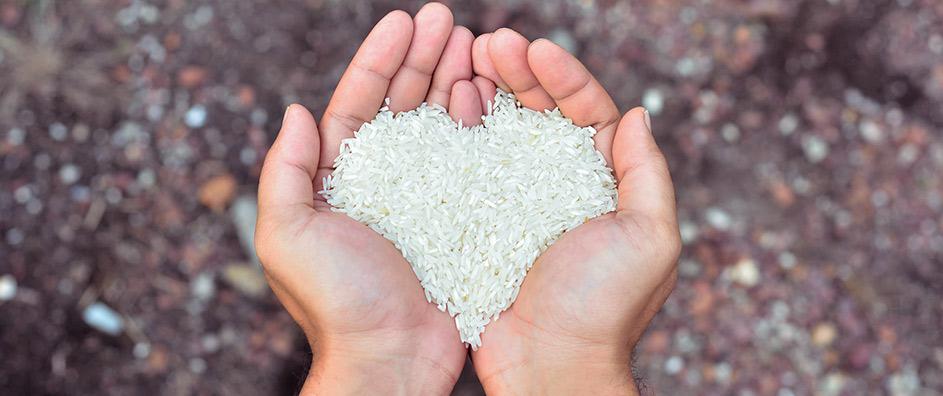The perpetuation of poverty remains one of the most pressing issues facing humanity today. In a world brimming with technological advancements and unprecedented wealth, the stark contrast between affluence and destitution raises a multitude of questions about economic systems and their implications for social justice. Among various ideologies that propose solutions to this conundrum, the teachings of the Bahá’í Faith offer a nuanced perspective that harmoniously intertwines spiritual values with economic realities. This article elucidates the Bahá’í principles that can serve as vital tools in addressing poverty and promoting equitable distribution of resources.
At the heart of Bahá’í economic principles lies the transcendent concept of unity. The Bahá’í Faith posits that humanity is fundamentally one, transcending distinctions of race, class, and nationality. This principle implies that economic practices should reflect and honor this unity by fostering cooperation rather than competition. When individuals and communities adopt a mindset of collective responsibility, they are more inclined to engage in practices that support those who are marginalized or impoverished. The elimination of individualistic tendencies in favor of communal well-being lays the groundwork for sustainable economic systems that prioritize human welfare over mere profit maximization.
Another fundamental tenet of Bahá’í economics is the idea of justice as a driving force for economic development. Justice, within this framework, manifests as equitable distribution of resources and opportunities, ensuring that everyone has access to the necessities of life. The Bahá’í writings emphasize that wealth should not be the monopoly of the few but rather a means to uplift the condition of all. This approach encourages governments and institutions to formulate policies that prioritize socio-economic equity, thereby enhancing the living standards of the lower strata of society. By instituting policies focused on fairness, societies can effectively combat poverty and its associated ills, leading to a more harmonious and balanced world.
The principle of the essential nobility of every human being also plays a crucial role in addressing poverty. The Bahá’í perspective posits that every individual possesses inherent worth and dignity. This recognition prompts the creation of economic systems that not only meet basic needs but also empower individuals to pursue their potential. Providing education and vocational training, for example, enables the impoverished to develop skills that can enhance their employability and economic standing. Such empowerment initiatives are not merely acts of charity; they represent investments into the potential of humanity as a whole, stimulating economic growth that transcends individual lives. Thus, the Bahá’í teaching of the nobility of human beings translates into practical measures for alleviating poverty.
In discussing Bahá’í economic principles, one cannot overlook the concept of moderation in wealth. The Bahá’í writings advocate for a balanced approach to wealth accumulation, one that is devoid of excess and greed. Such moderation encourages individuals to view their financial resources as tools for community development rather than sources of personal aggrandizement. By fostering a culture of accountability and stewardship, Bahá’í economic principles prompt individuals to utilize their wealth to benefit others, ensuring that their resources contribute to the greater good. Charitable giving, social enterprises, and ethical investments emerge as significant vehicles for translating this principle into tangible outcomes that directly address poverty and support societal welfare.
The interconnectedness of the global economy is another critical aspect that Bahá’í economics highlights. In an era of globalization, the challenges of poverty are not contained within geographical boundaries; rather, they span nations and continents. The Bahá’í teachings advocate for international cooperation as essential for effective economic solutions. Collaborative efforts across nations must prioritize the needs of the impoverished while fostering sustainable development. Such synergistic engagements can yield significant advancements in combating global poverty, ultimately promoting stability and prosperity worldwide.
Furthermore, the Bahá’í vision for economic development encompasses environmental stewardship. The degradation of natural resources often disproportionately affects the poor, exacerbating their struggles. Bahá’í teachings advocate for sustainable practices that not only safeguard the environment but also ensure that future generations have access to the resources they need. The integration of ecological awareness into economic development initiatives underscores the importance of creating systems that are responsive to both human and environmental needs. By adopting environmentally sustainable practices, societies can alleviate poverty while simultaneously preserving the planet for future generations.
It is also imperative to consider the role of spiritual development in conjunction with economic policies. The Bahá’í Faith emphasizes that true prosperity encompasses both material and spiritual dimensions. This holistic perspective suggests that economic solutions must be informed by ethical considerations. Encouraging a culture of compassion, integrity, and service among individuals and organizations paves the way for a more just economic framework. In a society that values moral principles in economic transactions, poverty becomes less a consequence of systemic failure and more an issue that can be comprehensively addressed through collective action and commitment to ethical standards.
In conclusion, the Bahá’í economic principles offer a profound blueprint for addressing poverty through a multifaceted approach that emphasizes unity, justice, empowerment, moderation, environmental sustainability, international cooperation, and spiritual development. By integrating these principles into contemporary economic practices, society can aspire to not only alleviate poverty but also foster a world characterized by equity and shared prosperity. The teachings of the Bahá’í Faith compel us to envision a future where economic structures are rooted in the sanctity of human dignity, and where the needs of the poor are met with sincerity and resolve. Such a shift requires commitment at both individual and institutional levels, but the potential rewards—a world free of poverty—are not only desirable, they are indispensable for the collective advancement of humanity.
